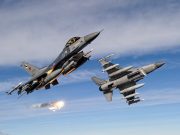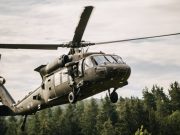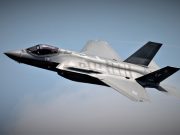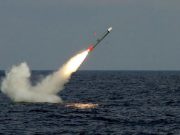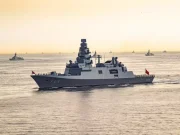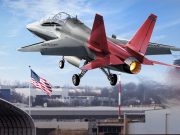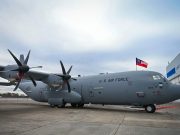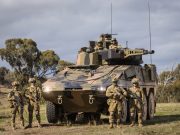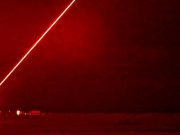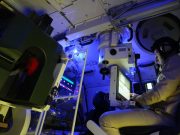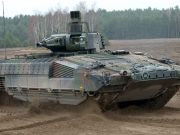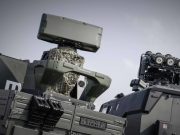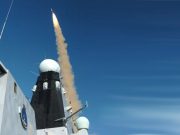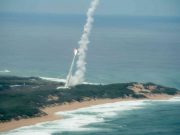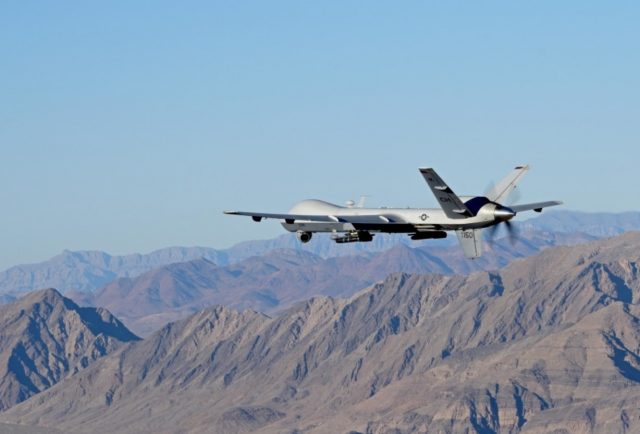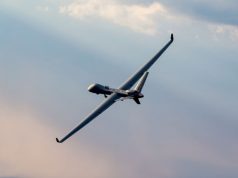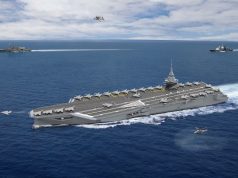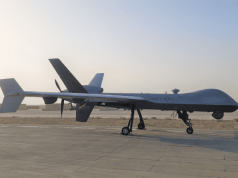The US State Department has approved a possible sale of four MQ-9B remotely piloted aircraft to Taiwan, in the latest in a series of arms deals approved for the island.
The US said the potential sale of the “weapons-ready” drones would have an estimated cost of $600 million.
Taiwan has requested to buy four MQ-9B aircraft, two fixed ground control stations, two mobile ground control stations; and 14 embedded global positioning system/inertial navigations systems (EGI) with selective availability anti-spoofing module (SAASM). Also included are targeting systems, radars, IFF and communication equipment.
“This proposed sale will improve the recipient’s capability to meet current and future threats by providing timely intelligence, surveillance, and reconnaissance (ISR), target acquisition, and counter-land, counter-sea, and anti-submarine strike capabilities for its security and defense” the US Defense Security Cooperation Agency said in a statement. “The capability is a deterrent to regional threats and will strengthen the recipient’s self-defense.”
General Atomic Aeronautical System would be responsible for the delivery of the systems. The MQ-9B is the latest variant of the MQ-9 series RPAS currently operated by the United States, United Kingdom, Italy, France, and soon Spain, the Netherlands and Belgium. With a wingspan of 24 meters and an endurance of over 40 hours, the aircraft can support over-the-horizon long-endurance, medium-altitude intelligence, surveillance and reconnaissance (ISR) missions.
Arms sales to Taiwan and China’s reaction
The MQ-9B approval follows several other items that were cleared for sale by the US State Department this year.
The office announced on October 21 it was ready to sell High Mobility Artillery Rocket Systems M142 launchers, AGM-84H Standoff Land Attack Missile Expanded Response (SLAM-ER) missiles, and MS-110 long-range reconnaissance pods to Taiwan.
This prompted China to announce it would enact sanctions on the companies that could be involved in the potential sales. The country’s foreign ministry named Boeing, Lockheed Martin and Raytheon as the first companies that would be sanctioned.
Despite this announcement, the US State Department approved a mega-deal worth $2.37 billion five days later. The price tag included 100 Harpoon Coastal Defense Systems (HCDS) and a total of 400 Harpoon anti-ship missiles.
Taiwan was also approved for Patriot missile system upgrades and the purchase of Mk48 heavyweight torpedoes earlier this year.


